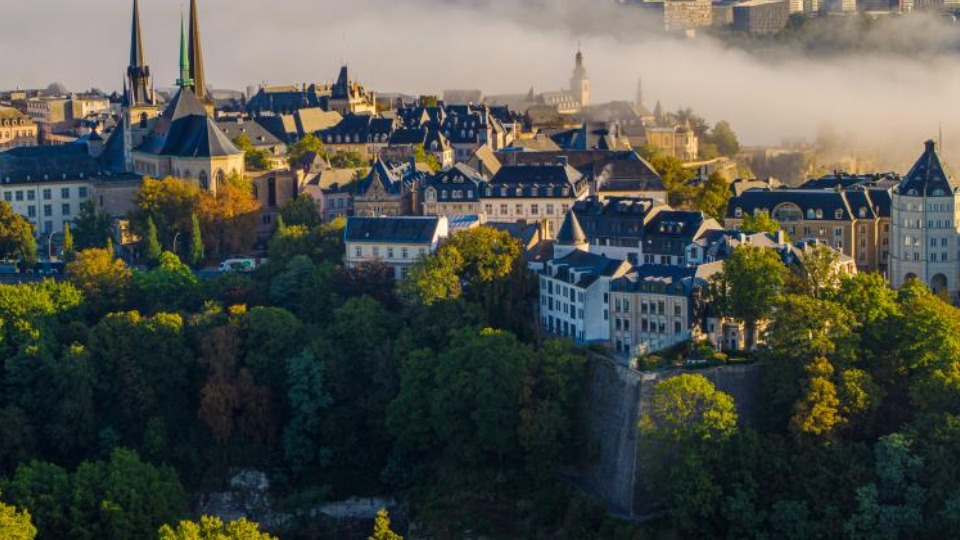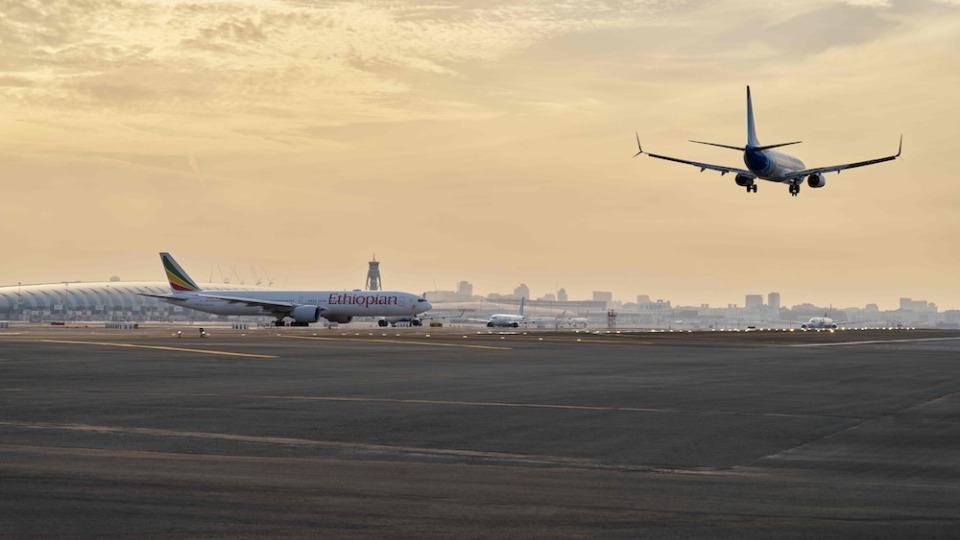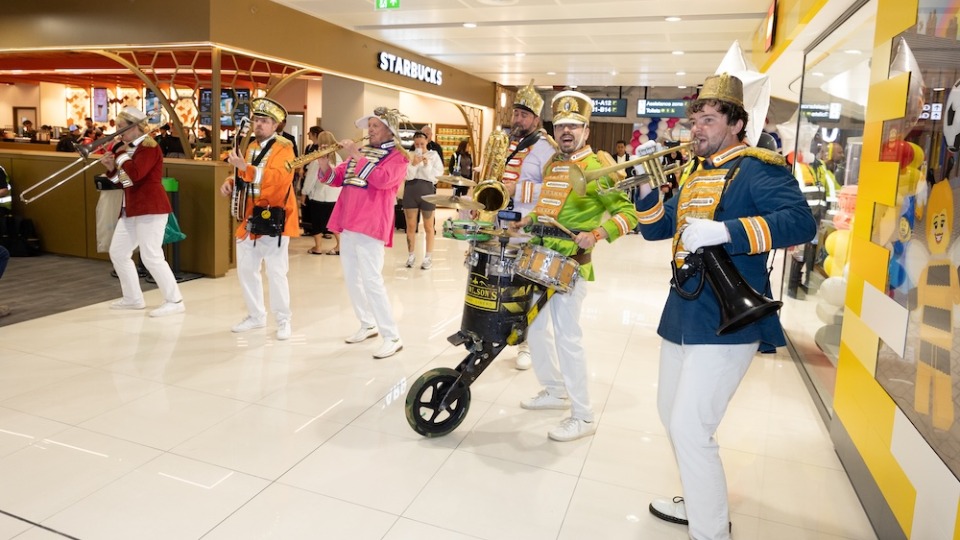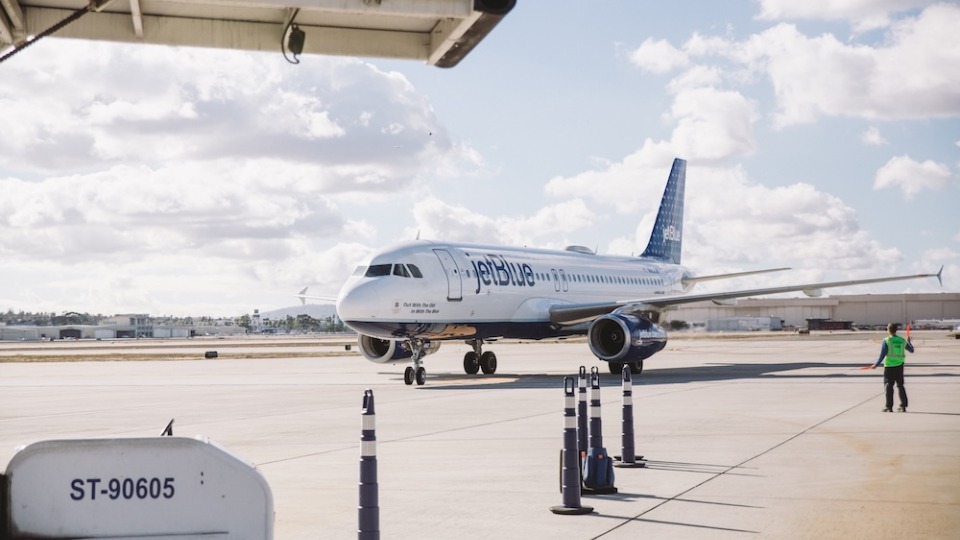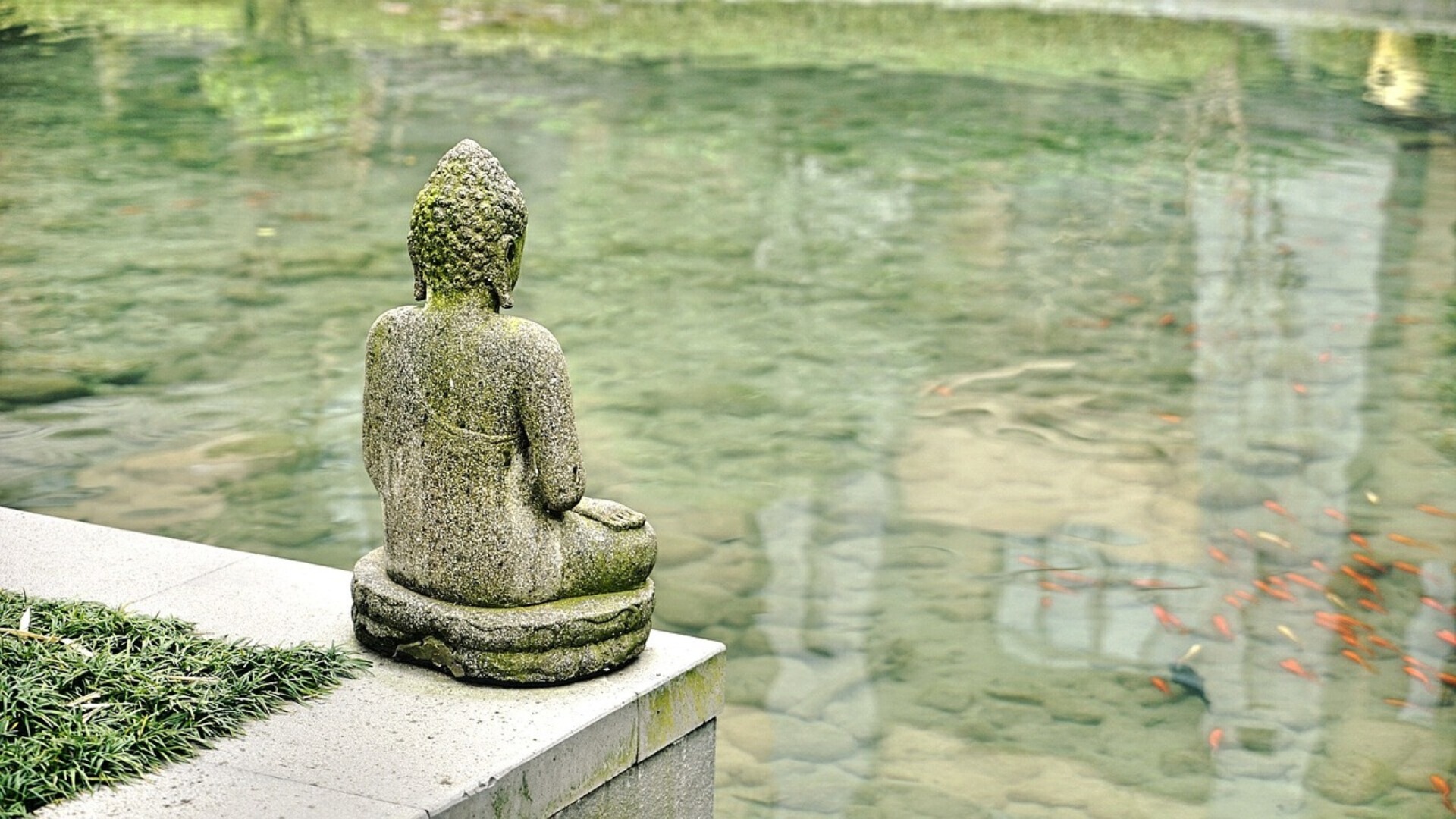
Parks in China want to blacklist “uncivilized” visitors

Chinese tourists made more than 112 million domestic trips during this year's Tomb Sweeping Festival, a 10.9% increase on last year, according to the Ministry of Culture and Tourism. Beijing alone saw more than 700.000 people visiting some dozen parks around the city.
According to state media, officials at the Beijing Municipal Administration Center of Parks said that the high number of tourists visiting the Chinese capital for the three-day holiday, also known as Qingming Festival, has, during the past years, coincided with a series of "uncivilized tourist behaviors," including climbing peach trees, fishing in park lakes, picking flowers, damaging plants, and selling things illegally within the city's parks.
A blacklist would be the perfect mean to block overly rude travelers by using the technology of facial recognition software and other forms of surveillance technology to monitor guests and keep out those with a record of bad behavior.
Back in 2017, six facial scanners were installed in the male and female sections of the busiest toilets in the Temple of Heaven, after there have been reports of people stealing toilet paper from the park’s toilets. Those needing paper had to make eye contact with a machine before it rolled out a single portion of around 60 to 70 cm and not a single shred of paper would be dispensed to the same person for another nine minutes.
"Many old people come here for free toilet paper. They were probably born in 1940s or 1950s," Wu Qingqi, a visitor to the park, told reporters. "During that time, people were very poor. And they somehow still are in fear of being poor. Other migrant workers come here too."
The China National Tourism Administration implemented tighter rules for tourists in 2016, and placed 20 people who failed to observe public order and scenic regulations on the blacklist. The blacklisted travelers' bad behavior included quarreling, fighting, disturbing the peace, climbing on statues and stealing scenic assets.
The list included two people who caused a plane from Bangkok to the Chinese city of Nanjing to return halfway after they got into an argument with flight attendants. Another incident was also on board a plane, when a passenger tried to prevent an aircraft from taking off by forcing open its emergency exit.
Last year, the travel blacklist was expanded to include more than 670 people. While some of the offenses which landed people on the list included travel misbehavior such as disrupting flights or smoking on trains, it also includes those who have failed to pay court judgments or taking part in illegal securities trading.
People on the list can be banned from some or all air and train travel for up to 12 months.
In 2018, China’s dictatorship proposed social scorecards by which all citizens will be monitored 24/7 and ranked for how they behave. Under this system of social credit, points can be gained or lost based on the readings of a sophisticated network of 200 million surveillance cameras - a figure set to triple in 18 months.
An active pilot program has already seen millions of people each assigned a score out of 800 and either see positive outcomes or suffer some negative consequences - depending on which end of the scale they sit.
Human Rights Watch has described the proposed system as "dystopian," and warned it could have major ramifications for privacy.



